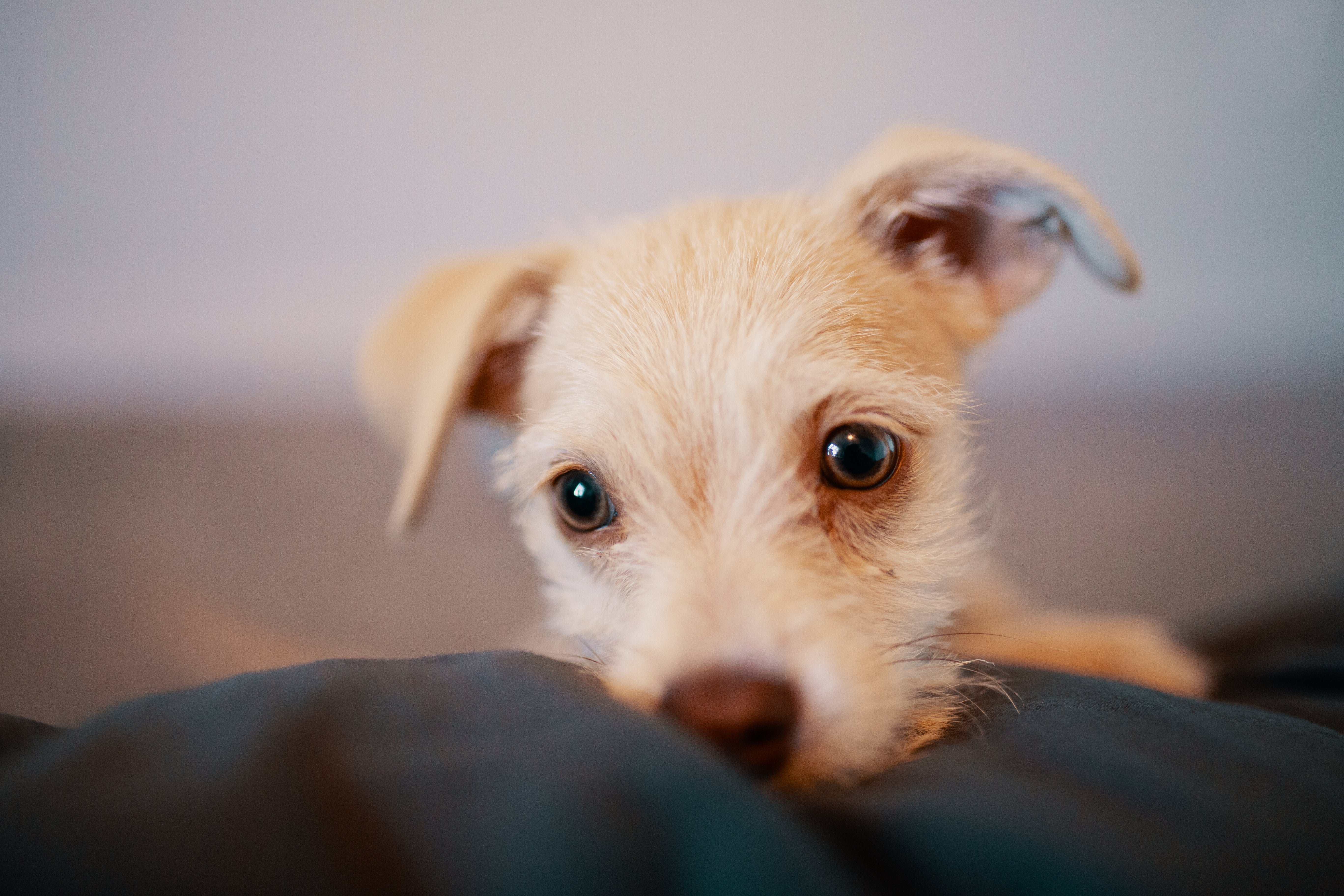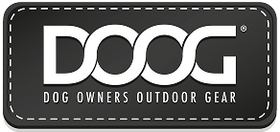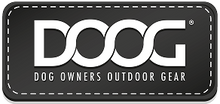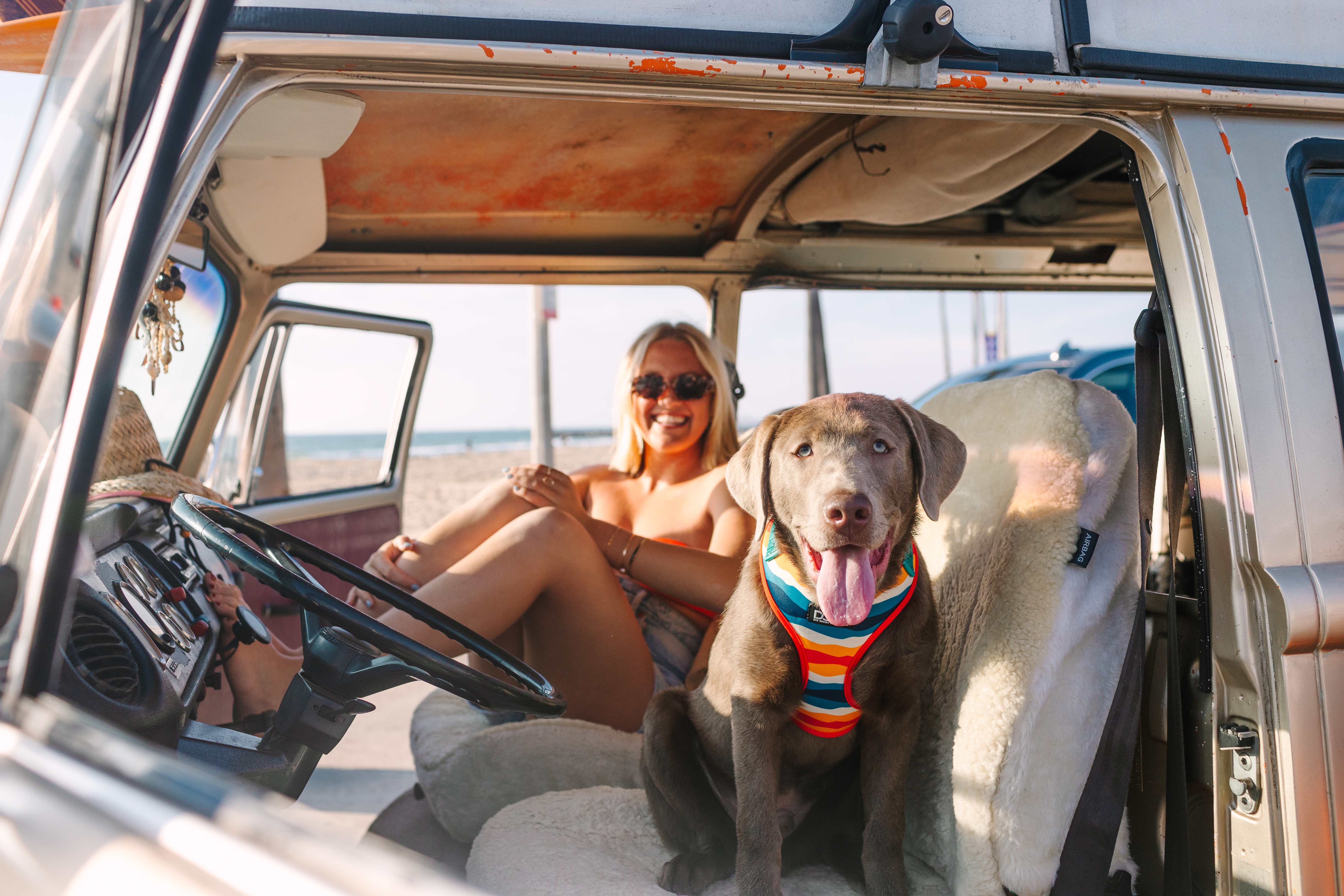
So you're getting a new puppy?
The strict coronavirus self-isolating restrictions have seen a surge in demand for pets, and puppies are high on the list. And why wouldn’t they be? After all, pets make great companions, and puppies are adorable as well!
If you’ve just bought yourself a new puppy (or if you’re thinking about it), it’s important to understand what to do in the first few weeks with your new furry friend.

The first 48 hours
These hours are a major adjustment period for your new puppy. A great idea is to bring some unwashed bedding from their previous home with them so that they’ll still have the smell of their mother and their litter as they adjust to your place.
It’s also a good idea to confine them to a small, safe area of your home and yard as they adjust. Make sure they have easy access to their food, water, a bed, some shade and some shelter. As they get more confident, let them explore more areas.
If you have another dog or other pets at your place, make sure you gradually introduce them to each other and supervise any early interactions until they get used to each other. And if you have children, encourage them to be gentle with your new puppy. You should also give them responsibility for some of the parenting necessary to look after your new family member.
Establishing a routine
Dogs love routine and it’s never too early to start establishing one with a new pup. As soon as they wake up in the morning, take them outside to relieve themselves. Use a cue word like ‘potty’ so they understand the connection. Reward your buddy with a treat when they deliver the goods.
Once that business is over, you can take them for a short walk (provided that they have already had the appropriate vaccinations – talk to your breeder or vet about this, but puppies usually receive their first vaccination at 6-8 weeks of age, followed by boosters at 10-12 weeks and a final vaccination at 14-16 weeks). A good rule of thumb to remember if they are up to date with their vaccinations is to only walk them for a maximum of five minutes per their age in months.
After your morning stroll, it’s time for breakfast. Ideally, feed your pup the same food they were eating at their previous home. Transition to any new food slowly. Take them outside again for another toilet break as soon as they’ve eaten. Then you can start playing with some soft toys together, or you can leave them to relax or explore their safe area for a while.
After any burst of activity, your puppy will probably want a nap. Puppies get tired easily, so they’ll often sleep for 18 -20 hours a day. This amount will reduce over time.
Afternoons and early evenings can be a great time to train your new buddy or teach them some tricks. Be patient with them and use rewards, and only do short sessions to begin with. Puppies don’t have great attention spans and they can get bored easily, so 5 or 10 minutes per session is ideal.
Before going to bed for the night, it’s important to take them outside again to relieve themselves.

Food and water
Most puppies should eat three times a day until they’re six months of age. After that, feeding can be scaled back to twice a day (morning and night). However, feeding schedules can vary depending on the breed of puppy that you have. Ask your breeder or vet for advice and make sure your puppy always has plenty of fresh water.
Housetraining
Another good rule of thumb is that puppies can usually hold their bladder for an hour per month of age. Be prepared for exceptions if they get nervous or excited. Take them outside after they wake up, play, eat or drink.
How we can help
At DOOG, we have a huge range of products to help your puppy feel at home from day one at your place, including:
Contact us today to get everything you need to make your puppy happy!





